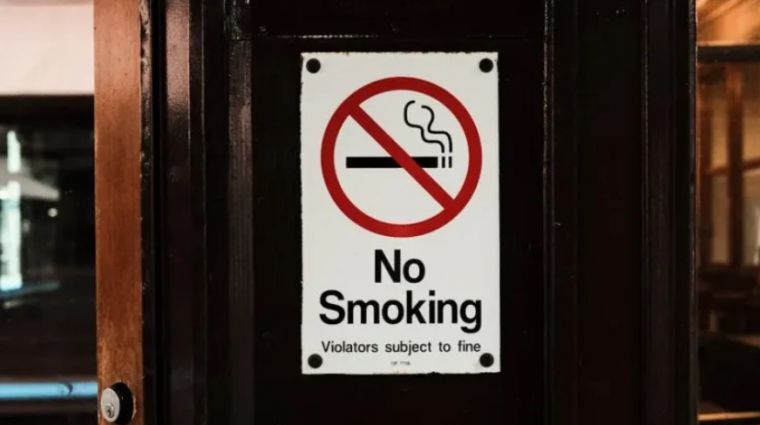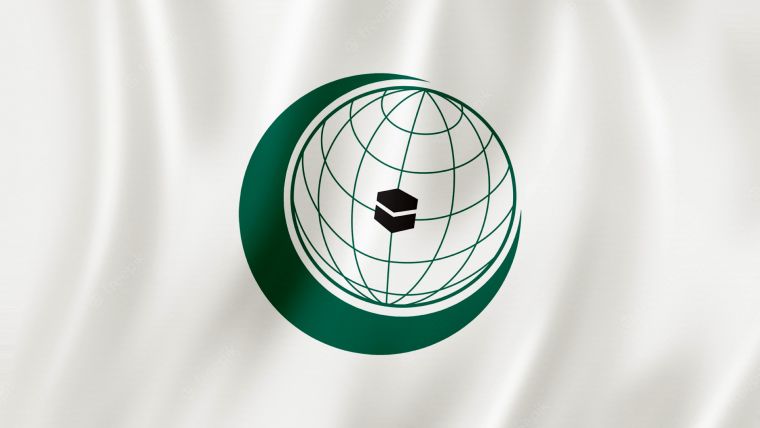Tashkent city



Saudi Arabia has implemented a ban on tobacco shops operating within 500 meters of mosques and schools, according to new guidelines from the Ministry of Municipalities and Housing.
The measures aim to safeguard public health, ensure legal compliance, and maintain orderly business environments in urban areas.
The regulations affect all stores selling tobacco products, including cigarettes, shisha, and e-cigarettes. Shop owners must possess valid commercial registration, Civil Defense approval, and full compliance with municipal licensing laws.
Stores must occupy at least 36 square meters within commercial buildings, with additional local municipality conditions possible.
Exterior signage cannot display logos or promotional materials - only the store name. Operations require security cameras indoors and outdoors, adherence to hygiene standards, electronic payment options, and prohibited sidewalk use.
All tobacco products must meet Saudi Food and Drug Authority standards, feature clear warning labels, and be sold in sealed packages. Vending machines, price reductions, gifts, and product testing are forbidden.

On the International Day for Disaster Risk Reduction, observed annually on 13 October, the Organization of Islamic Cooperation (OIC) joins the international community in expressing solidarity with all victims of natural and human-made disasters around the world.
This year’s theme, “Fund Resilience, Not Disasters,” highlights the urgent need to invest in resilience-building and preventive measures rather than in post-disaster recovery.
The OIC underscores that disasters continue to impose heavy human and economic costs, severely affecting socio-economic development and posing existential threats to vulnerable communities across many of its Member States.
With several Member States frequently impacted by floods, epidemics, earthquakes, landslides, storms, and droughts, the OIC places high priority on disaster prevention and management, as emphasized in its Ten-Year Program of Action 2025.
Reaffirming its commitment, the OIC calls for stronger partnerships among Member States, international organizations, and local communities to develop effective strategies that enhance preparedness, reduce vulnerabilities, and improve recovery capacities.
“As disasters become more frequent and intense due to climate change and other global challenges, we must act collectively and decisively to build resilience and protect lives,” said H.E. Mr. Hissein Brahim Taha, Secretary-General of the OIC. “Investing in prevention today will save countless lives and resources tomorrow.”
The OIC also stresses the need to accelerate the implementation of the Sendai Framework for Disaster Risk Reduction, in line with national disaster management strategies and priorities.